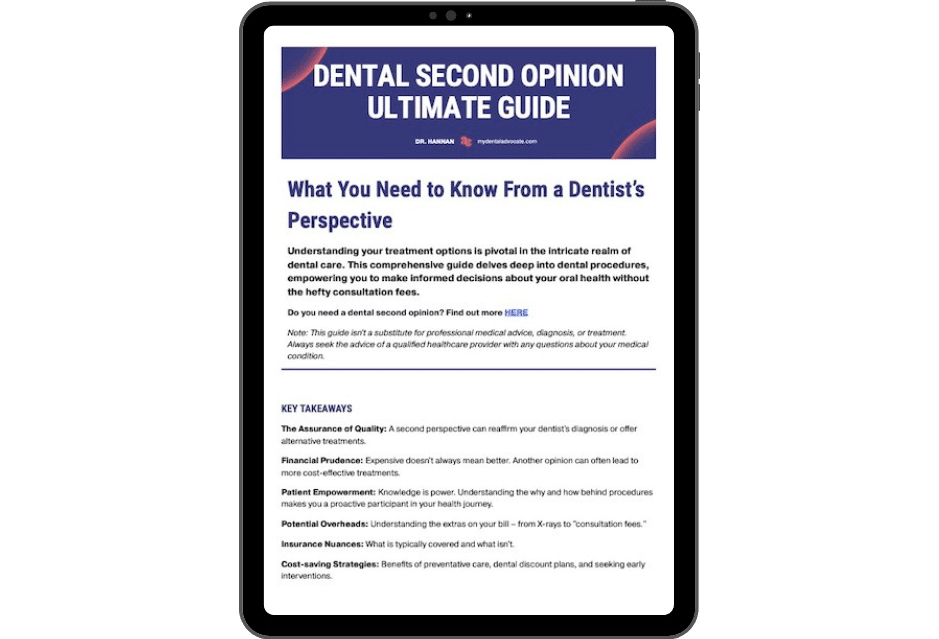Loose Dental Implant (What Does It Mean?)
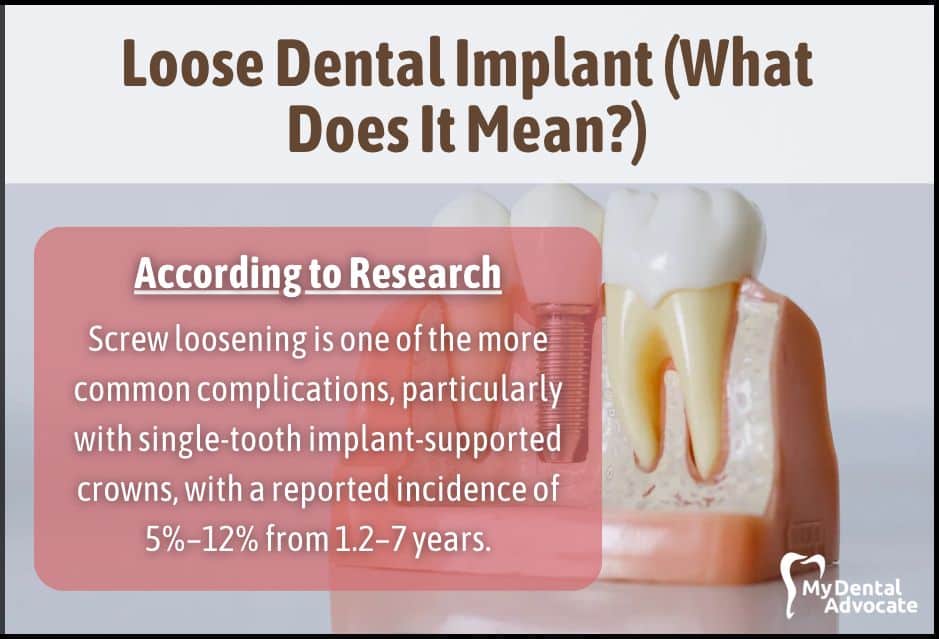
Dental implants have revolutionized restorative dentistry, offering a reliable, aesthetically pleasing solution for replacing missing teeth.
With a 95-98% success rate, dental implants are designed to be a long-term, even lifelong, solution.
However, like any medical procedure, they are not without their potential complications.
One issue some patients may experience is a loose dental implant. Feeling your dental implant wiggle or move is alarming.
Need Dental Advice? Ask Dr. Hannan!
What does it mean? How does it affect your oral health? And most importantly, what should be done about it?
Recommended Reading: Dental Implants | The Ultimate GuideWhat Does a Loose Dental Implant Mean?
A loose dental implant is exactly what it sounds like – the implant, which should be securely anchored in your jawbone, begins to feel unstable or move. While the concept is simple, the implications can be complex.
This instability may compromise your ability to chew and speak properly and indicate underlying issues that need immediate attention.
Implants become loose for several reasons, and depending on the cause, different implant system components may be affected. It could be the crown (the visible tooth part), the abutment (the connector piece), or even the implant itself (the part embedded in your jawbone).
Recommended Reading: Throbbing Pain After Dental Implant Crown (Common Reasons)Causes of a Loose Dental Implant
Several factors can contribute to a dental implant becoming loose.
Common Causes
- Peri-implantitis: An inflammation causing bone loss around the implant, often due to bacterial infection. Untreated, it can lead to implant failure.
- Implant Overload: Caused by excessive force on the implant, such as from teeth grinding or misalignment, potentially loosening the implant.
- Failed Osseointegration: Occurs when the implant doesn’t properly fuse with the jawbone, possibly due to poor bone quality or health conditions like diabetes.
- Improper Implant Placement: Misalignment during surgery can result in a loose implant over time.
- Loose Prosthetic Screw: This screw connects the abutment to the implant. If loose, it can make the implant feel unstable. Regular check-ups can catch and correct this issue.
According to a recent study, screw loosening is one of the more common complications, particularly with single-tooth implant-supported crowns, with a reported incidence of 5%–12% from 1.2–7 years.
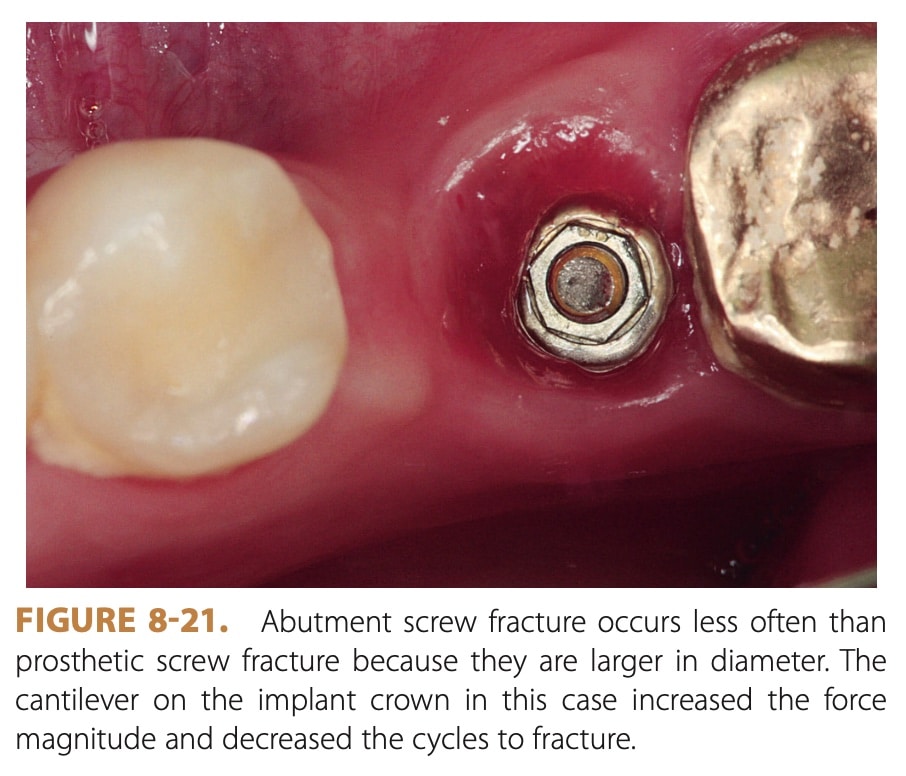
Symptoms of a Loose Dental Implant
If you’re worried about a loose implant, here are some signs to look out for:
Common Symptoms
- Movement or shifting of the implant or the crown
- Discomfort or pain around the implant site
- Difficulty or discomfort while chewing
- Swelling or inflammation of the gums around the implant
- Changes in your bite, or the way your teeth align when you close your mouth
- Odd odor or taste coming from the implant
Remember, if you notice any of these symptoms, it’s best to consult your dentist promptly.
Recommended Reading: 6 Reasons Not to Get Dental Implants (Dentist Perspective)Diagnosing a Loose Dental Implant
When you visit your dentist with a suspected loose implant, they’ll likely conduct a thorough examination. This typically involves:
- A physical exam where the dentist will check for movement, mobility or signs of infection.
- X-rays or other imaging techniques to assess the condition of the implant and surrounding bone.
- A review of your dental and medical history to identify any risk factors or potential causes of implant loosening.
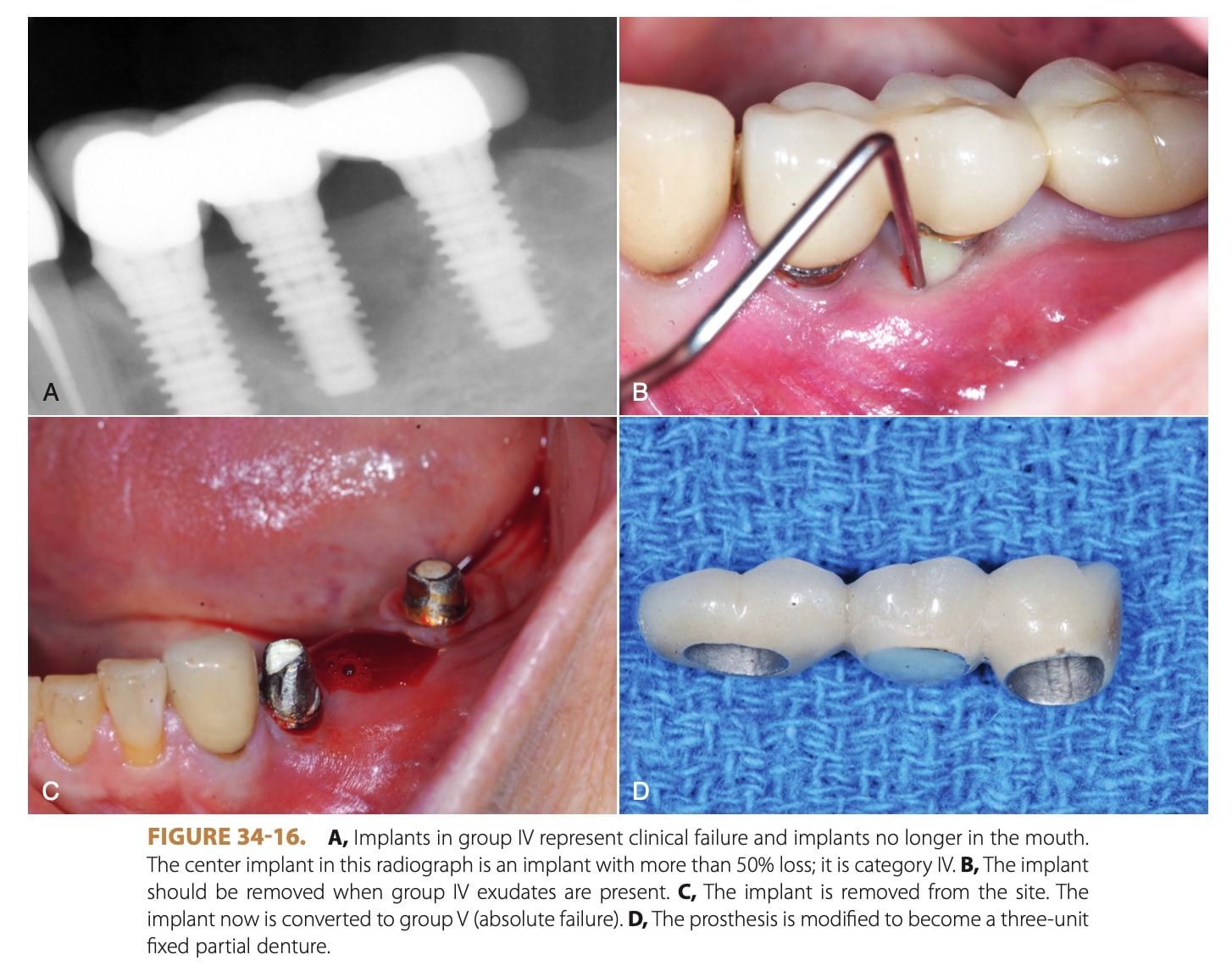
Treatment Options for a Loose Dental Implant
Treatment for a loose dental implant varies depending on the root cause and the loose component:
- If the crown or abutment is loose, but the implant is stable, the dentist can often tighten or replace the loose component.
- If peri-implantitis is the cause, a deep cleaning around the implant may be required, along with antibiotics, to clear up any infection. In severe cases, additional bone grafting surgery might be needed.
- If the implant itself is loose due to failed osseointegration or improper placement, it may need to be removed. After healing and possible bone grafting, a new implant can be placed.
Frequently Asked Questions (FAQ)
What are the symptoms of a loose dental implant?
Symptoms of a loose dental implant can include noticeable movement or shifting of the implant or the crown, discomfort or pain around the implant site, difficulty or discomfort while chewing, swelling or inflammation of the gums around the implant, and changes in your bite or the way your teeth align when you close your mouth.
How is a loose dental implant treated?
Treatment options depend on the cause of the looseness. If it’s the crown or abutment that’s loose, the dentist may simply tighten or replace these components. For peri-implantitis, a deep cleaning around the implant and antibiotics may be needed. If the implant itself is loose due to failed osseointegration or improper placement, it might need to be removed and replaced after the area has healed.
How can I prevent my dental implant from becoming loose?
Maintaining good oral hygiene is key to preventing a dental implant from becoming loose. Regular brushing and flossing can help keep harmful bacteria at bay. Additionally, avoiding habits like chewing on hard foods and teeth grinding can prevent undue stress on the implant. Regular visits to the dentist for cleanings and check-ups are also crucial for catching any potential issues early.
My Experience & Expertise
As a dentist, I understand how alarming it can be to experience a loose dental implant.
However, it’s important to remember that this issue, while concerning, is manageable.
Recognizing the symptoms early, understanding the causes, and seeking timely professional help are key to resolving the problem effectively.
Implants are designed to be a long-term solution for missing teeth, and with the right care and maintenance, they can serve you well for many years.
Keep up with your oral hygiene, attend regular dental check-ups, and don’t hesitate to contact your dental professional if you notice anything unusual. Your healthy and confident smile is our ultimate goal.
Need a second opinion? We can help! Learn more. Knowledge is power when cultivating healthy dental habits. The more informed you are, the better positioned you’ll be to prevent avoidable and potentially costly dental procedures for you and your family. Watch for future blog posts, where we’ll continue sharing important information, product reviews and practical advice!

About the Author
Dr. Matthew Hannan, also known as “Dr. Advocate,” is a board-certified dentist on a mission to provide accurate dental patient education. He attended Baylor University before completing dental school at UT Health San Antonio School of Dentistry. He now lives in Arizona with his beautiful wife and 4 kids. Dr. Hannan believes everyone should access easy-to-read dental resources with relevant, up-to-date dental research and insight to improve their oral health.

Connect with Dr. Hannan!
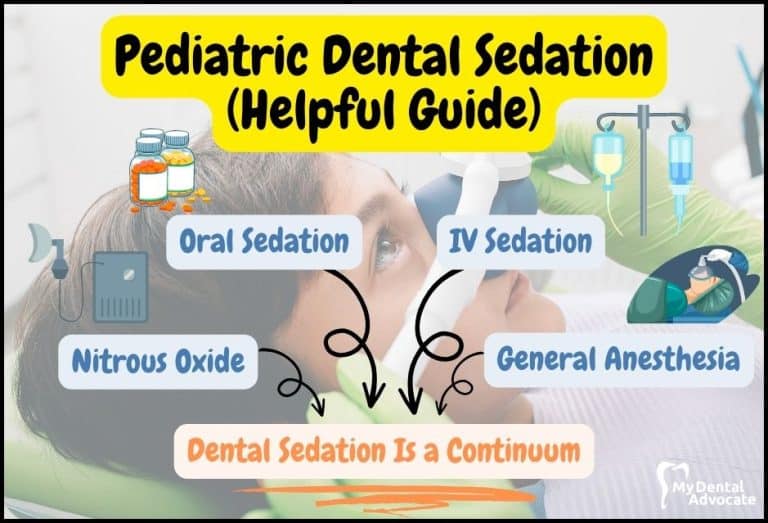
Pediatric Dental Sedation (Helpful Guide)
According to recent studies, 10%–20% of the US population avoid necessary dental care because of dental anxiety. What’s scary is dental anxiety develops in childhood as a result of frightening and painful dental experiences.
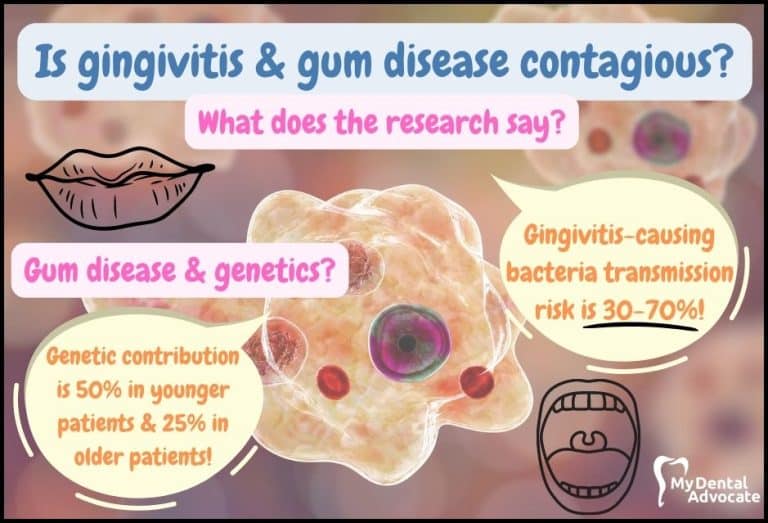
Is Gingivitis & Gum Disease Contagious? (What the Research Says 2024)
Gum disease affects nearly half of adults over 30 years old. And according to the American Dental Association (ADA), it is the number one reason people seek dental care. If left untreated, gum disease can result in tooth loss.

Best Toothpaste for Gingivitis (Top Picks)
We highlight each product’s unique, advertised benefits, identify their pros and cons and score each one from 1 to 5 based on four categories. The toothpaste with the highest score is crowned the overall champion; however…
Gain Clarity with Our FREE Second Opinion Guide
Receive clear, expert second opinions online within 48 hours. Start today!
Product Reviews
Our 250+ dental product reviews (and counting), curated by an experienced dentist, are the most comprehensive online.
Toothbrush Genie
State-of-the-art chatbot designed to help you discover your perfect toothbrush in just a few simple steps!
Cavity Risk Assessment
Cutting-edge digital tool designed to evaluate your individual cavity risk based on your responses to a series of questions.
Gum Disease Assessment
Discover your gum disease risk with our quick and engaging 6-question assessment!


